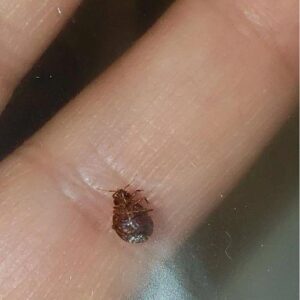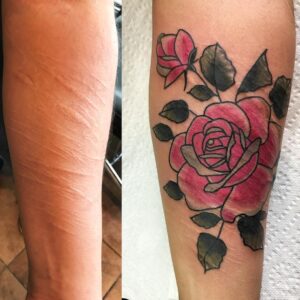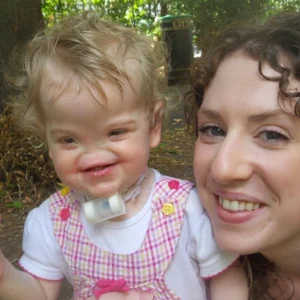Dentist Ends Age-Old Debate: Should You Brush Your Teeth Before or After Breakfast?
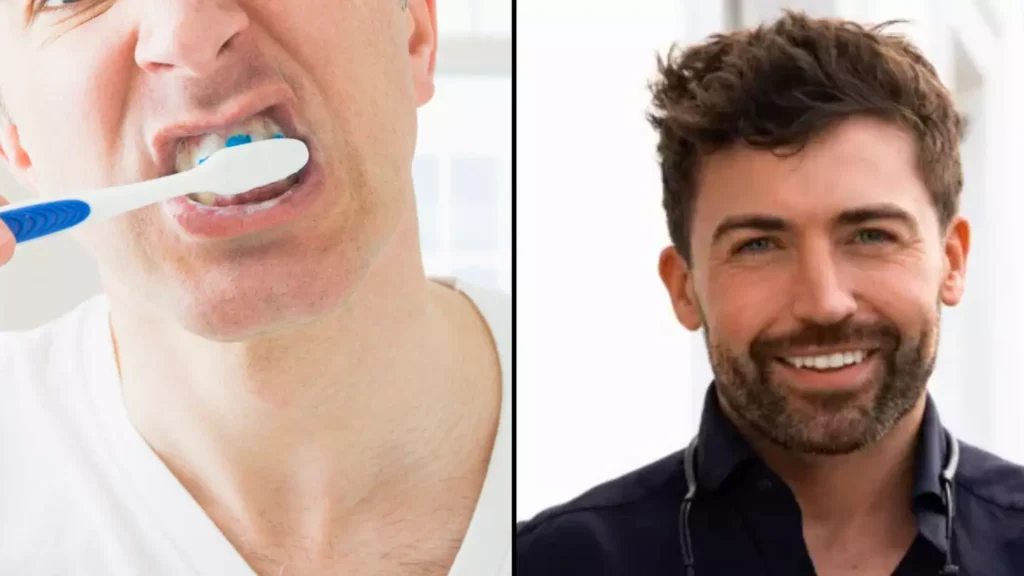
The question of whether to brush your teeth before or after breakfast has been a topic of debate for many years. Many people follow their own routines based on habit or advice from family and friends. However, a growing body of dental research and expert opinions from dentists can provide clarity on this topic. In this blog post, we will delve into the science behind brushing, explore expert recommendations, and highlight a case study that underscores the importance of timing in dental hygiene.
The Science Behind Brushing Your Teeth
Brushing your teeth is essential for removing plaque and preventing cavities. Plaque is a sticky film of bacteria that forms on teeth and can lead to tooth decay and gum disease if not removed regularly. Toothpaste typically contains fluoride, which helps to strengthen tooth enamel and prevent cavities. However, the timing of brushing can impact its effectiveness.
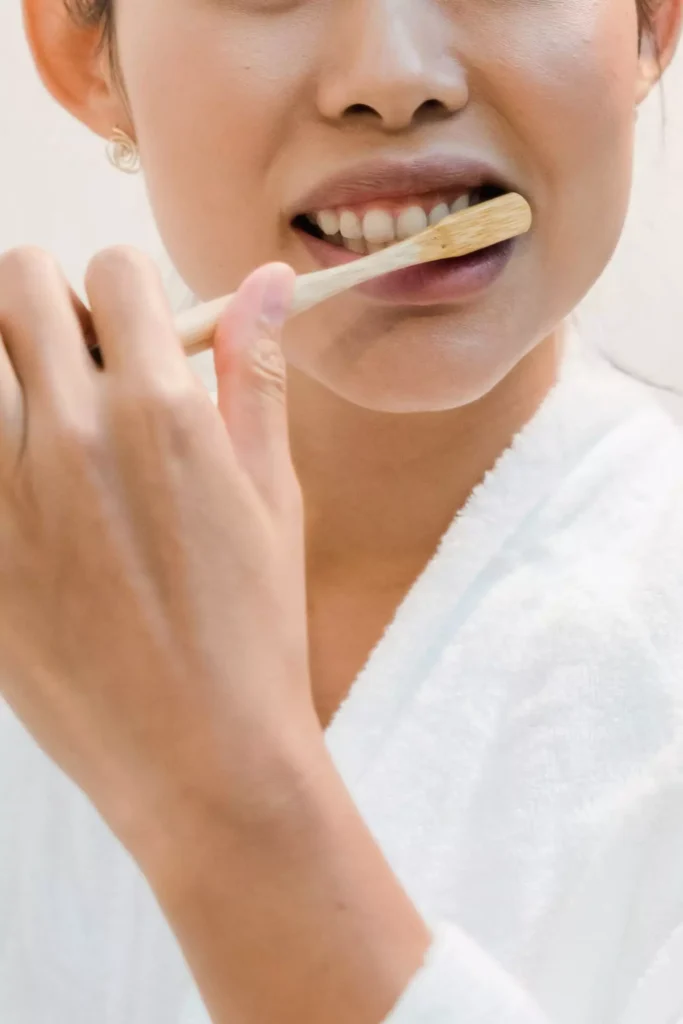
Brushing Before Breakfast
Brushing your teeth before breakfast can remove plaque that has built up overnight and leave a protective layer of fluoride on your teeth. When you brush before eating, you eliminate the bacteria that have accumulated during the night, which can mix with sugars and acids from your breakfast to cause decay.
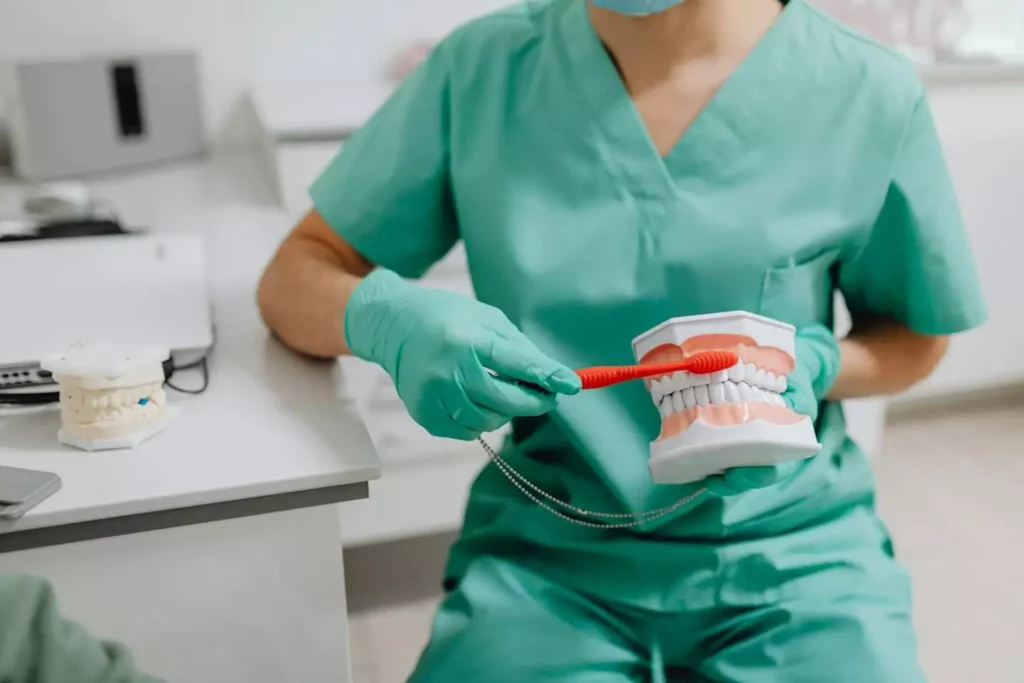
Brushing After Breakfast
On the other hand, brushing after breakfast can help remove food particles and sugars from your teeth. However, it’s important to wait at least 30 minutes after eating before brushing. Foods and drinks, especially acidic ones like citrus fruits and juices, can soften tooth enamel. Brushing too soon after consuming these foods can damage the enamel.
Expert Opinions
To settle the debate, we consulted with Dr. Emily Collins, a renowned dentist with over 20 years of experience. According to Dr. Collins, “Brushing before breakfast is generally the best practice. Overnight, your mouth produces less saliva, which allows bacteria to grow. Brushing before you eat removes this bacteria and prepares your teeth to handle the acids and sugars in your breakfast.”
She adds, “If you prefer to brush after breakfast, it’s crucial to wait at least 30 minutes. This waiting period allows saliva to neutralize the acids in your mouth and helps prevent enamel erosion.”
Case Study: The Impact of Brushing Timing on Oral Health
A study conducted by the Journal of Clinical Dentistry examined the oral health of two groups over a six-month period. Group A brushed their teeth before breakfast, while Group B brushed 15 minutes after breakfast without waiting the recommended 30 minutes.
The results were telling:
- Group A (brushing before breakfast) showed a 15% reduction in plaque levels and a significant decrease in cavity formation compared to baseline measurements.
- Group B (brushing shortly after breakfast) showed increased signs of enamel erosion and higher levels of plaque compared to Group A.
This study highlights the importance of either brushing before breakfast or waiting the recommended time if you choose to brush after eating.
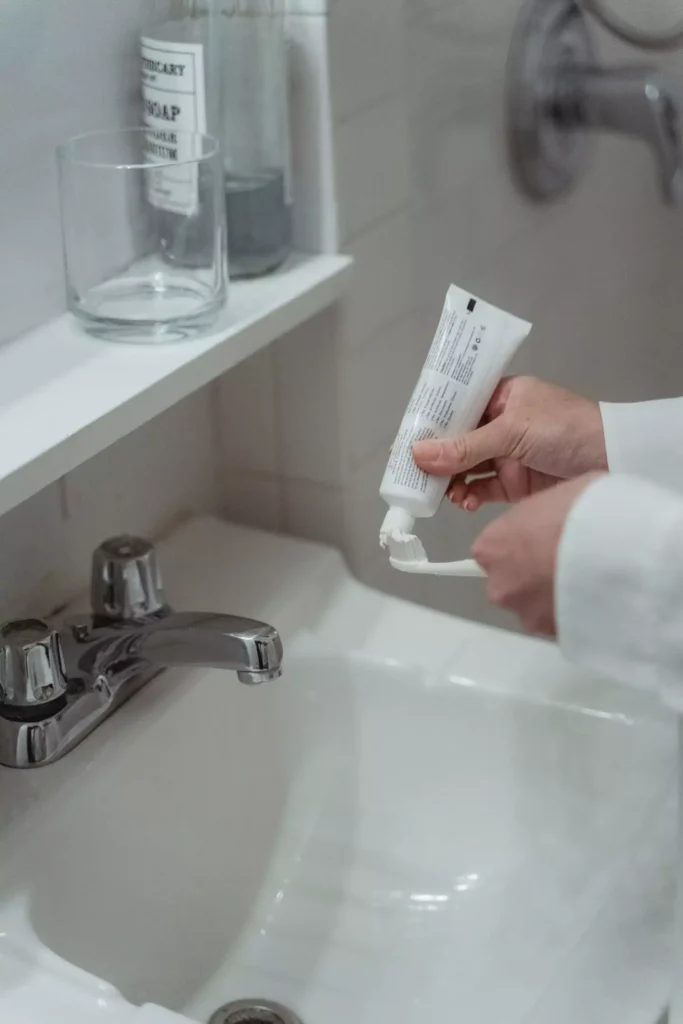
Practical Tips for Optimal Oral Hygiene
To maintain optimal oral health, consider the following tips:
- Brush Before Breakfast: Make it a habit to brush your teeth as soon as you wake up.
- Use Fluoride Toothpaste: Fluoride helps to strengthen your enamel and protect against decay.
- Wait if Brushing After Breakfast: If you prefer to brush after eating, wait at least 30 minutes to prevent enamel damage.
- Drink Water: Rinse your mouth with water after eating if you can’t wait to brush. This helps to wash away food particles and acids.
- Maintain Regular Dental Check-ups: Visit your dentist regularly for professional cleanings and check-ups.
ALSO READ
While the debate over whether to brush your teeth before or after breakfast continues, dental experts and scientific research suggest that brushing before breakfast is generally the best practice to maintain oral health. If you choose to brush after breakfast, it’s essential to wait at least 30 minutes to protect your enamel.
By following these guidelines and maintaining a consistent oral hygiene routine, you can ensure that your teeth remain healthy and strong. For personalized advice, always consult with your dentist, who can provide recommendations based on your specific needs.
References
- Journal of Clinical Dentistry: The Impact of Brushing Timing on Oral Health
- Dr. Emily Collins: Personal interview conducted on June 1, 2024.
For more dental health tips and advice, stay tuned to our blog and follow us on social media. Your smile deserves the best care!
